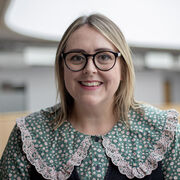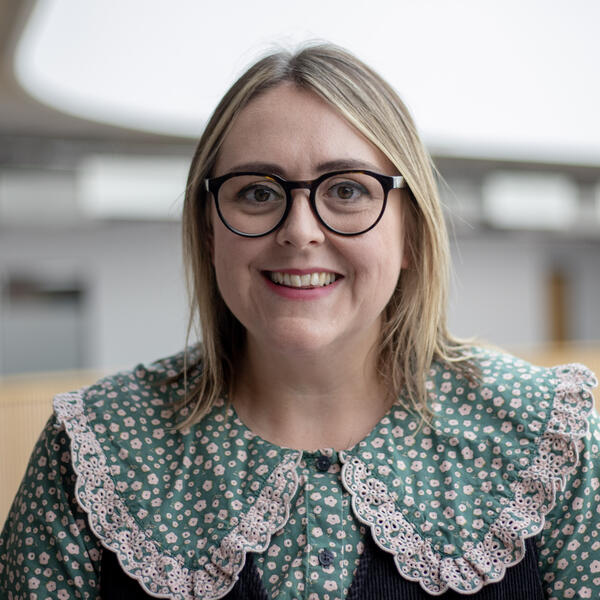Responsible Innovation in Technology and Ethics for Children (RITEC)
Funded by the LEGO Foundation, scholars in the School of Education are delivering innovative, international research focused on children’s digital play and wellbeing.

Working alongside the LEGO Group and Unicef Innocenti, the team, led by Dr Fiona Scott, is delivering in-depth case study research with 50 families, across four countries.
The RITEC project’s ultimate goal is to change how digital games are designed, putting children’s well-being at the centre of international policy and game design processes.
Past research has often emphasised the risks of children’s digital play and has also highlighted the important learning that takes place when children play digitally.
The RITEC project looks more broadly at how aspects of children’s well-being connect with particular digital play experiences. This is being achieved through very detailed research with 50 children aged 6 to 12 and their families.
Following an ecocultural approach, the research tools are designed to investigate digital play holistically. The research team are seeking to understand children’s digital play within the complex contexts of their broader everyday lives.
By the time that fieldwork is complete this summer, the team of 18 researchers will have made 240 in-depth research visits to 50 families in four countries.
Project team
In Sheffield, the team comprises:
- Principal Investigator: Dr Fiona Scott
- Co-Investigator: Dr Liz Chesworth
- Researchers:
- Dr Shabana Roscoe
- Mr Daniel Kuria
- Dr Cath Bannister
- Dr Yao Wang
The team is supported in Sheffield by Research Administrator, Miss Cat Hartley.
The project team includes three further Co-Investigators, leading delivery of the fieldwork in:
- Australia (Professor Karen Murcia, Curtin University)
- South Africa (Professor Karin Murris, Oulu University)
- Cyprus (Associate Professor Stavroula Kontorvourki, University of Cyprus), alongside their respective research teams.
Sheffield’s project builds on now complete ‘Phase 1’ research delivered by UNICEF Innocenti and Western Sydney University.
The research being led by Scott is also being delivered alongside two further research projects with a shared focus (‘Phase 2’). These are headed up by New York University’s CREATE Lab/ City University of New York and the Australian Research Council’s Centre of Excellence for the Digital Child.
The global team plans to publish high-level findings towards the end of 2023. In Phases 3 and 4 of the initiative, academics from across the team will work with game designers and policy makers to make sure their empirical findings inform future game design.


